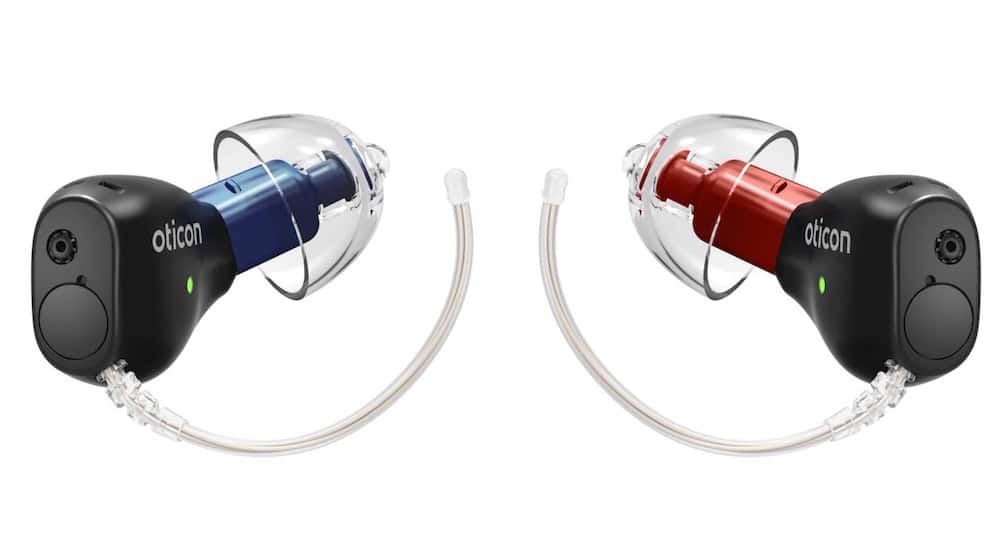Cochlear launches tool to help adults with hearing aids decide if they could benefit from implants
implants
A new online tool using language-independent tests to assess a person's ability to discriminate similar speech sounds offers adults struggling to hear with hearing aids a self-testing comparison of how cochlear implants might do the job.

Pointing out research* that shows that "many adult cochlear implant candidates are not appropriately diagnosed, referred and treated", the Sydney-based firm, Cochlear Limited, has developed the new tool in partnership with the independent Australian research body, National Acoustic Laboratories (NAL). The Hearing Aid Check consists of a minimum of 28 speech sound sets (phonemes – not beeps or words), and up to 81 sound sets presented in background noise. Two sounds are identical, one is different; the participant needs to select the sound they believe is different.
Cochlear points out that in the USA "only 5 percent of people who could benefit from cochlear implant hearing technology have them", underlining that "once hearing loss becomes severe to profound, cochlear implants are the only U.S. Food and Drug Administration (FDA) approved medical solution to effectively treat the loss."
"We know there is a significant population of adults who are not getting access to or educated about the benefits of cochlear implant technology. Having the appropriate hearing solution can enable a person to hear speech clearly, which helps keep the brain active and mind sharp so they can continue to live a full, independent life," said Nada Hanna, Lead Clinical Audiologist with ENT Associates in the US. "If you do not pass the Hearing Aid Check, there is substantial value in scheduling an appointment with a cochlear implant audiologist to find out if cochlear implants could help you get back to hearing."
* Buchman CA, Gifford RH, Haynes DS, et al. Unilateral Cochlear Implants for Bilateral Severe, Profound, or Moderate Sloping to Profound Sensorineural Hearing Loss. JAMA Otolaryngol Head Neck Surg 2020. Epub ahead of print. doi: 10.1001/jamaoto.2020.0998
Source: PR Newswire
 Sign in
Sign in

